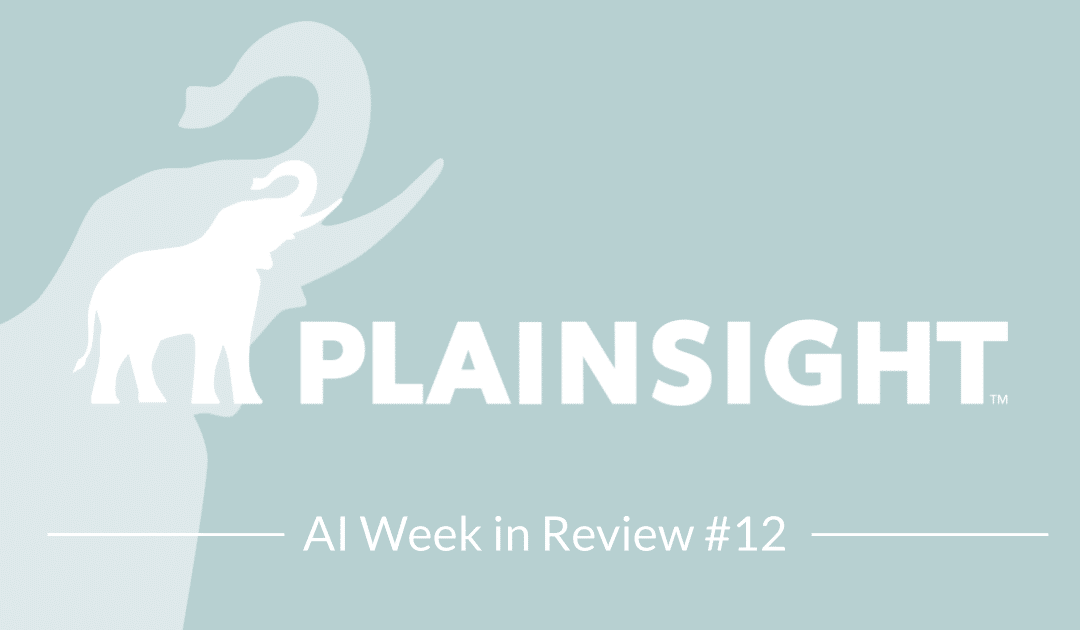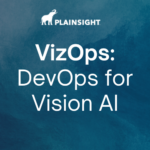This week in AI and ML news: Bill Gates reflects on the ongoing “age of AI,” Google releases its ChatGPT rival, and more.
Author’s Note
Following last week’s conversation with Restaurant Technology News, we explored computer vision-powered innovation in the restaurant industry on our blog. With an emphasis on the ways emerging solutions augment the human workforce, we offer a case study and details on AI for order accuracy, inventory monitoring, and more. Check it out.
AI News
Google Releases Bard to the Public
First announced in February, Google’s new AI-powered chatbot, Bard, is now available to users as part of a beta test. Google had previously restricted access to “trusted testers” alone. On Tuesday, Google shared a blog detailing some potential use cases for Bard and stressing the ongoing importance of user feedback. Like its competitors, the chatbot, powered by a version of Google’s LaMDA model, offers responses that are potentially productivity boosting and time saving. Examples provided by Google show the chatbot suggesting easy-to-manage houseplants, offering tips for doing more reading, and more. One notable feature that’s missing is the ability to write and understand code, though Google says it plans to introduce coding skills soon.
Bard arrives shortly after the debut of OpenAI’s latest and greatest chatbot, GPT-4. How does Bard stack up to familiar and emerging competitors? At least one tech writer was decidedly unimpressed.
Tips for Ethical, Human-Centric AI from MIT
As AI continues to dominate daily conversation and raise concerns about the future of various industries, business leaders face unanswered questions about how to best and most ethically leverage emerging solutions. While it’s clear AI-enabled technology has the power to augment the human workforce and evolve their potential, success is hardly a guarantee.
Last year, MIT Sloan Management Review collaborated with the Boston Consulting Group to publish a study on the link between AI’s organizational and individual value. They found that the two were closely connected, that employees got the most from AI when it made them feel connected and empowered and was presented to them in a transparent, accessible way. At MIT’s inaugural Thinker-Fest virtual conference last month, senior lecturer Renée Richardson Gosline echoed the study’s findings when she discussed human-centric AI alongside Sanjeev Vohra from Accenture.
Vohra and Gosline stressed the value of positive friction and introducing responsible AI practices from the very start. Read a summary of takeaways from their discussion on Sloan’s Ideas That Matter blog.
Bill Gates Shares His Thoughts on “The Age of AI”
Microsoft is just one of the organizations at the forefront of the ongoing AI revolution. With the recent addition of tech from OpenAI to its Bing search engine and updates to its suite of business tools, the company hopes to best rivals like Google. This week, founder and former CEO, Bill Gates, published a 7-page open letter reflecting on the current state of AI and offering his thoughts on the future.
Gates opens with the bold statement that AI, as exemplified by OpenAI’s generative solutions, is “the most important advance in technology since the graphical user interface.” He then explores areas where he believes AI can make a difference in reducing inequity, such as improving the accessibility of quality education and addressing the myriad effects of climate change. Gates continually emphasizes the ways in which AI-enabled tools will supplement human capabilities rather than upending the workforce. In healthcare, for example, AI may relieve workers of responsibilities like filing claims or other paperwork.
Read “The Age of AI Has Begun” on GatesNotes and check out my podcast discussion with Logan Spears, Plainsight’s Co-Founder and CTO, to learn more about how OpenAI’s solutions work.
About Plainsight Technologies
Plainsight provides the unique combination of AI strategy, a vision AI platform, and deep learning expertise to develop, implement, and oversee transformative computer vision solutions for enterprises. Through the widest breadth of managed services and a vision AI platform for centralized processes and standardized pipelines, Plainsight makes computer vision repeatable and accountable across all enterprise vision AI initiatives. Plainsight solves problems where others have failed and empowers businesses across industries to realize the full potential of their visual data with the lowest barriers to production, fastest value generation, and monitoring for long-term success. For more information, visit plainsight.ai.




